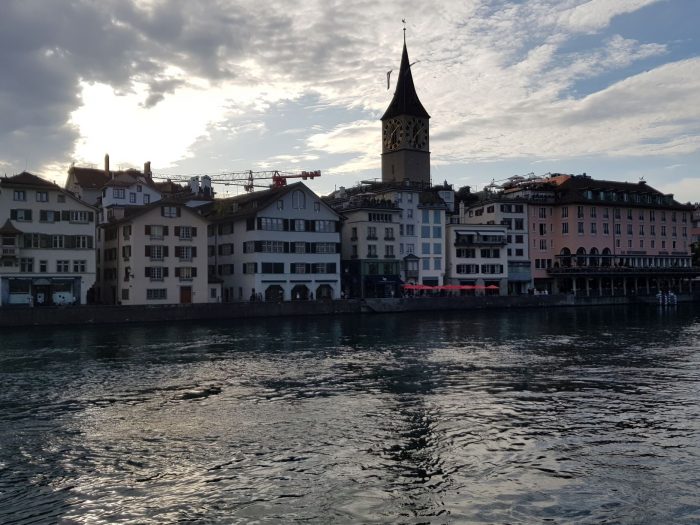This guide is exclusive to EU citizen. Note that while they can visit, live and work in Switzerland, you will need a residence permit to stay longer. This applies to the EU and European Free Trade Association (EFTA) countries.
Freedom of movement
Switzerland, while it is not a member of the EU, adopted EU’s policy and signed up to freedom of movement agreement. Her citizens recently voted against this. So, it is wise to regularly check on the status of Switzerland before making significant decisions.
You can freely enter the country. Make sure to have a passport or valid travel ID and register with the Residents Registry Office within fourteen days of arrival.
If you intend to say for more than three months, apply for a residence of permit.
Staying in Switzerland for up to 90 days
Apart from registering with the Residents Registry Office, no authorizations or permits is needed for this.
However, if within this time you will work, or if you extend your stay beyond three months, you have to get a residence permit. You also need to apply for a residence permit for non-working purposes if you are a student or are visiting your relatives and will stay for more than three months.
Swiss can extend your stay for another three months to allow you to look for work. This extension can go up to 1 year.
You need to register online eight days before moving to Switzerland.
Living in Swiss for more than 90 days
Living in Swiss for more than 90 days calls for permits, all of which are herein explained:
Type L short term residence permit – goes for up to one year as is usually used for those going to look for work in Swiss or those with work contracts lasting one year or less.
Type B residence permit – it is valid for an extendable 5-year period and granted to students on an annual basis. You have to provide proof of adequate insurance cover and can support yourself financially.
Type G cross-border commuter permit – it lasts as long as the work contract and is for those who work in Switzerland but reside in the EU member states. You have to return to your home outside Switzerland once a week. If your work contract exceeds one year, you will get a 5-year permit.
Type C settlement permit – it allows you to stay in Switzerland indefinitely. This status must be confirmed every five years.
Type Ci – it is for members of foreign embassies, consulates and relatives of people who work with international organizations.
The documents needed include:
- A valid passport or travel ID
- A copy of a home lease/rental agreement
- A passport photo
- Employment contract (if employed), business plan& accounts (I self-employed)
Some other things to note include:
- Professional service providers such as lawyers need to submit a declaration through SERI’s (State Secretariat for Education Research and Innovation) online system.
- Students can work up to 15 hours weekly during the term and full-time during holidays as long as your employer notifies the authorities. Working for more than this period necessitates your employer to apply for a work permit.
- If your work contract ends or is terminated, you are allowed to stay for six months and look for another job or leave. You, however, lose your welfare benefits unless you have a settlement permit.
- You can apply for Swiss citizenship after five years of continuous residence in Swiss.
Bulgarians and Romanians
If you come from these two countries, you are subject to work-related restrictions.
Regardless of the duration of your employment, you need a work permit. First, you apply for a job and get the contract then the employer sends a copy of your contract to the authorities for your work permit. The work permit is only granted if there is no Swiss citizen who qualifies for that position.
You also need a valid residence permit to work in Swiss.
There is a trainee agreement for people aged 18 to 35. This simplifies access to the Swiss work permit.
You can apply for citizenship after ten years of living in Swiss.
Croatians
As a Croatian, you must have a passport and not an ID card. Note also that for you, the number of works permits available are limited.
If you are a student, only your spouse or registered partner and children are entitled to join you.
If you are working, spouse or registered partner, children, and grandchildren below 21 years can join you.



